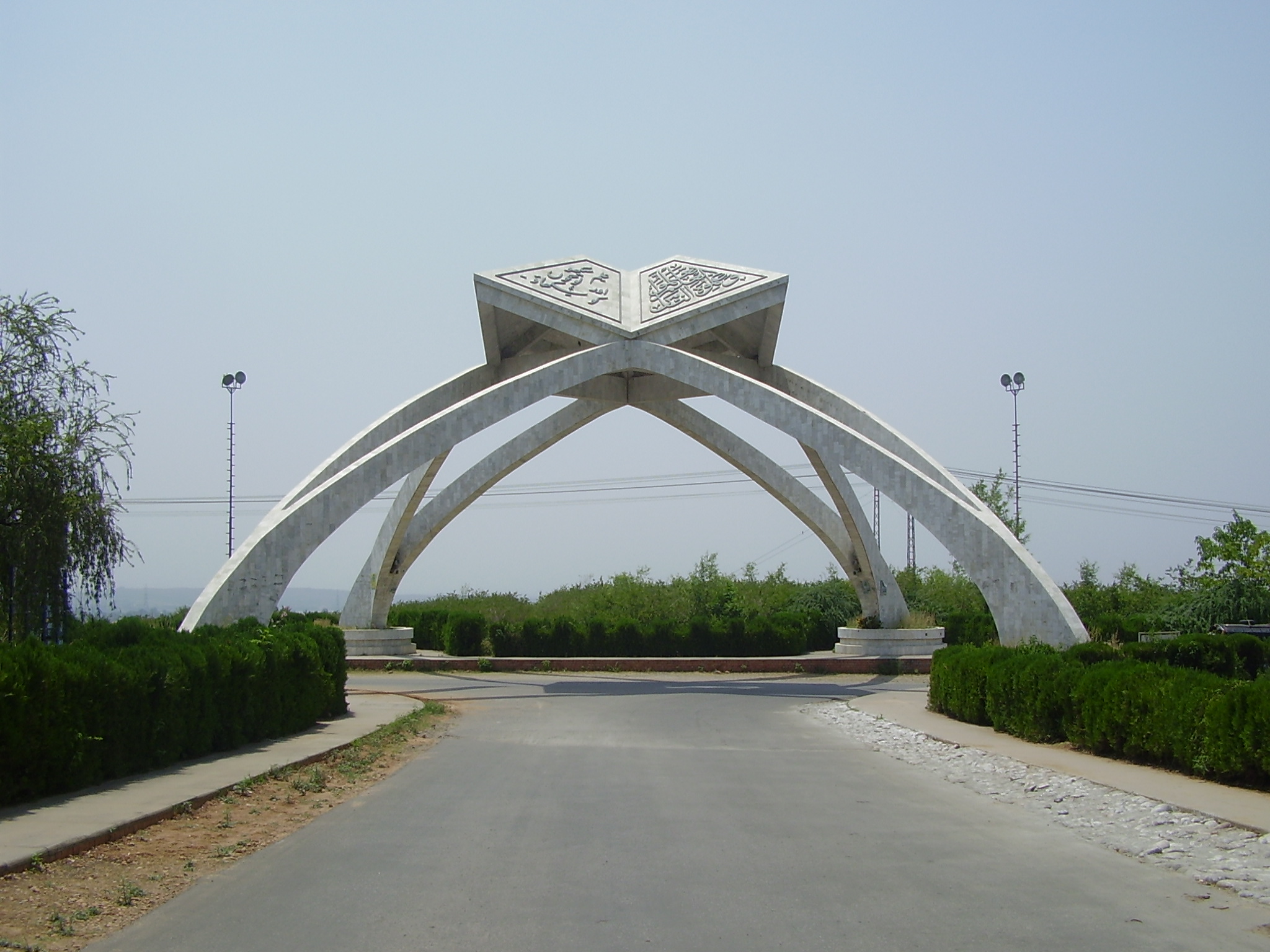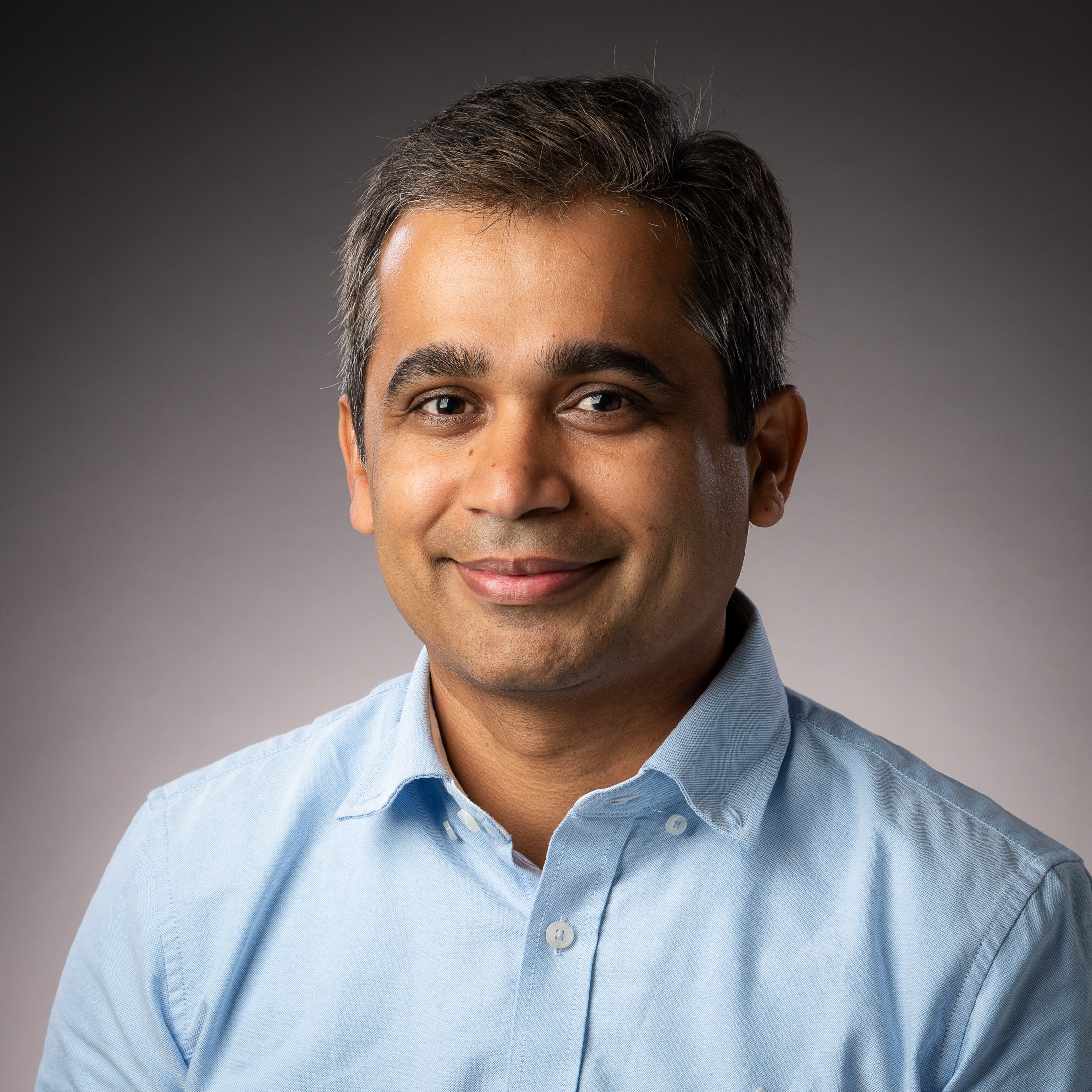
Two scholars have set up a research cluster on Pakistan to broaden discussion on issues relating to the country.
The post-9/11 era has exacerbated this trend where international aid has siphoned off the intellectual energy from Pakistan's higher education institutions by diverting attention towards security-centric topics or important but select priorities defined from abroad.
Arif Naveed and Mahvish Ahmad
Two scholars have set up a research cluster on Pakistan to explore innovative and critical scholarship on the country.
Gates Cambridge Scholar Arif Naveed [2014] and Cambridge International Trust Scholar Mahvish Ahmad have established the ‘Critical Pakistan at Cambridge ‘Research Cluster, based initially at the Centre for South Asia Studies with membership from across the departments of the University of Cambridge. It aims to approach existing research on Pakistan with a critical eye. To do so, it will function as a specialist forum on Pakistan, organising readings of new scholarship on Pakistan and inviting scholars of Pakistan from around the world to present their latest research. It will also provide opportunities for students and academics to present their work on Pakistan to peers who are well-versed on the political, intellectual and empirical debates pertinent to the country.
The research cluster came about due to a long-held and widely-shared concern among scholars of Pakistan that research has often been defined and shaped by international donors and state interests. Mahvish and Arif, who are doing their PhDs on Sociology and Education respectively, say: "The post-9/11 era has exacerbated this trend where international aid has siphoned off the intellectual energy from Pakistan's higher education institutions by diverting attention towards security-centric topics or important but select priorities defined from abroad. Meanwhile, state policy and the general political environment has reduced the space for critical scholarship in Pakistan, exemplified by a letter distributed to universities by the Higher Education Commission in 2014, illustrating the ways in which vague reference to ideology is deployed to curtail scholarly freedom and subject the already fragile community of scholars to new forms of censorship.
"These drivers of and limitations to research on Pakistan do not denigrate the excellent scholarship that is, nevertheless, produced, but they do call for both a more discerning approach and a more creative exploration of other, lesser-researched topics, on Pakistan. Creating a network of scholars on Pakistan is fundamental to these endeavours and we envisage this research cluster as a central forum for the exchange of ideas and knowledge."
The cluster's inaugural forum was held on May 24th and was led by Pakistani scholar Kamran Asdar Ali, a Professor of Anthropology at the University of Texas, Austin, and the President of the American Institute of Pakistan Studies. The forum was also attended by many other scholars and students and generated a rich discussion on the future of social research in Pakistan.
*For more information email ma643@cam.ac.uk or man48@cam.ac.uk. Picture credit: Wikimedia commons. Quaid-i-Azam University Islamabad.

Muhammad Arif Naveed
- Alumni
- Pakistan
- 2014 PhD Education
- Jesus College
I am an Associate Professor of Education and International Development at the University of Bath. My research focuses on the expansion of mass-schooling in the Global South and its implications for social stratification and economic inequality. I am developing a theoretical and methodological framework with which to analyse the role of schooling in intergenerational, gendered social mobility in low and middle-income countries.
My research and teaching involve reconciling interdisciplinary tensions between economics, sociology and international development, between academic inquiry, policy formulations, and implementation on the ground, and between diverse methodological frameworks.
Previous Education
University of Cambridge 2012
University of Bath 2006
Quaid-i-Azam University 2002
Links
https://researchportal.bath.ac.uk/en/persons/arif-naveed
https://www.linkedin.com/in/arif-naveed-137650b












